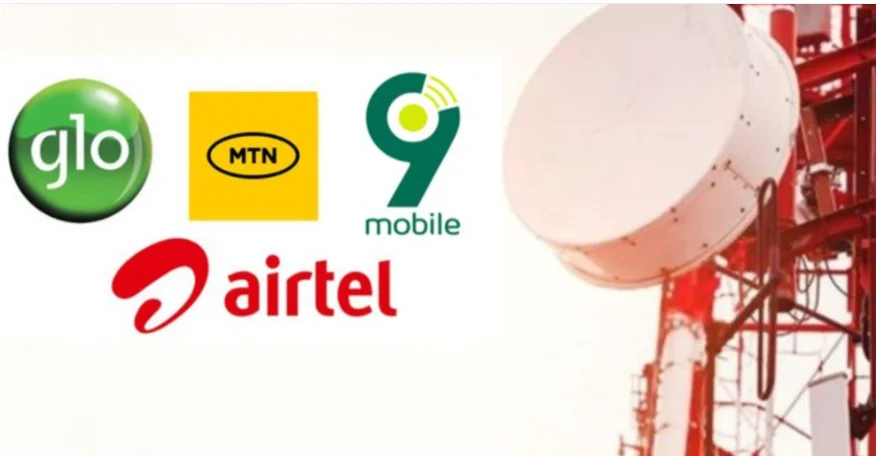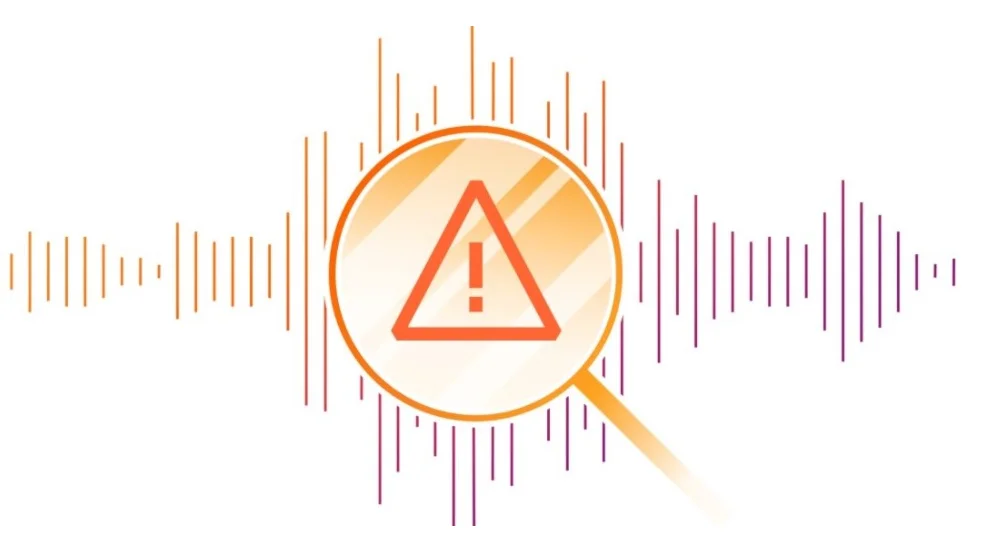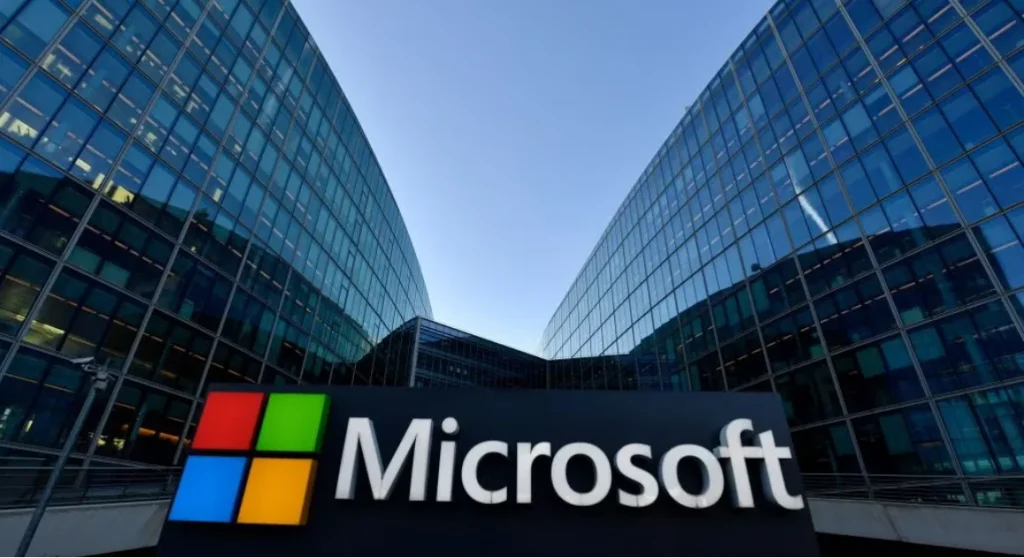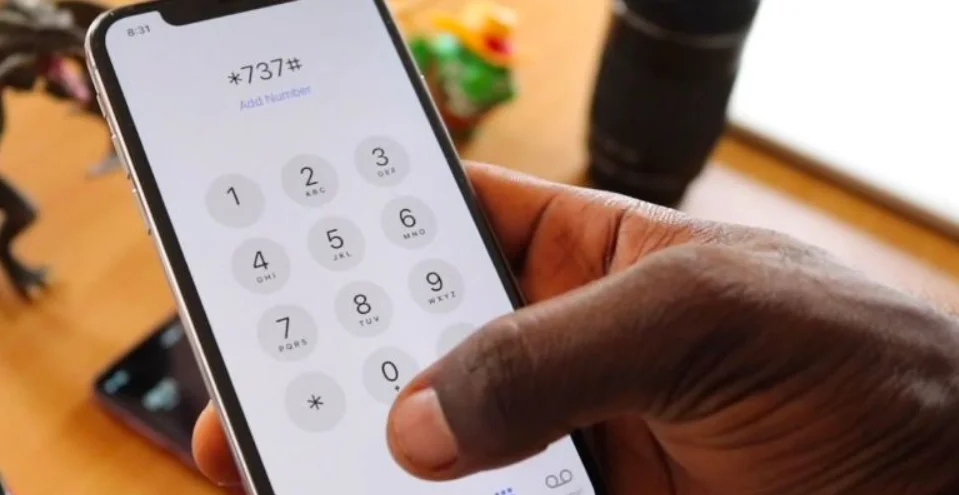Understanding the Issue of Failed Recharges
Failed electronic recharge transactions have become one of the most pressing concerns for telecom consumers in Nigeria. According to the Nigerian Communications Commission (NCC), the issue ranks second among consumer-impacting challenges in the telecommunications industry.
An Assistant Director at the NCC, Mr. Quasim Odumbaku, highlighted that a Mastercard report estimated that 91% of telecom consumers in Nigeria use electronic channels to recharge their mobile lines. However, reports indicate that between 1% and 3.6% of these transactions fail, a figure that may appear small percentage-wise but translates to millions of failed transactions in a country where 98% of subscribers are prepaid users.
“When you look at the total market, that’s huge,” Odumbaku said. “1% may not seem much in percentage terms, but it is significant in actual numbers. It’s an issue that cuts across multiple platforms.”
Ensuring Accountability Through Response Codes
Speaking at the Telecom Consumer Parliament, Mrs. Olatinwo, a representative of one of the participating institutions, emphasized the importance of system transparency and accountability in resolving the issue.
“It’s very important to understand that if a transaction failed, then the transaction has not started. So, part of what we’re working together with NCC is to ensure that from start to finish, there is a response code, so we know where the failure is, we know which participant is failing, and we assign appropriate sanctions,” she said.
She added, “The consumer must get value for what they paid for. If we check that behavior and put in place corrective measures, you will see minimal failure points.”
Industry Reforms and the Role of Service Level Agreements (SLAs)
In addressing the underlying causes of these failures, Mr. Tayo Adigun, Managing Director of Credit Switch, noted that the telecom industry had outpaced its regulatory frameworks.
“The industry is ahead of itself in the sense that we had started the business before we actually had a service level agreement,” he explained. “We have people who don’t have customer service or the technology or the investments needed to offer reliable service. But I’m very sure that once this SLA is in place, where everybody knows what the standard is, everyone will sit up.”
The new framework jointly developed by the NCC and the Central Bank of Nigeria (CBN) mandates Service Level Agreements (SLAs) among all stakeholders. This is expected to create a structured approach to handling transactions, assigning responsibility, and minimizing failures.
NCC’s Commitment to Enhancing Consumer Experience
In his keynote address, the Executive Vice Chairman (EVC) of the NCC, Dr. Aminu Maida, reaffirmed the Commission’s commitment to protecting consumers and improving the overall telecom experience in Nigeria.
He explained that the Telecom Consumer Parliament serves as a platform for regulators, operators, and consumers to discuss challenges and propose practical solutions. The theme of this edition, “Addressing Network Quality for Improved Consumer Experience,” aligns with the NCC’s Strategic Vision Plan focused on enhancing Quality of Experience (QoE) across all consumer touchpoints.
“The intention is not only to highlight challenges but to share the concrete steps we are taking to address them,” Dr. Maida stated. “Consumers remain at the heart of our mandate.”
Conclusion
With collaborative efforts between the NCC, CBN, and industry players, Nigeria’s telecom sector is taking proactive steps to eliminate the recurring issue of failed electronic recharges. The introduction of response codes, SLAs, and enhanced monitoring frameworks are expected to ensure greater transparency, accountability, and consumer satisfaction in the near future.












